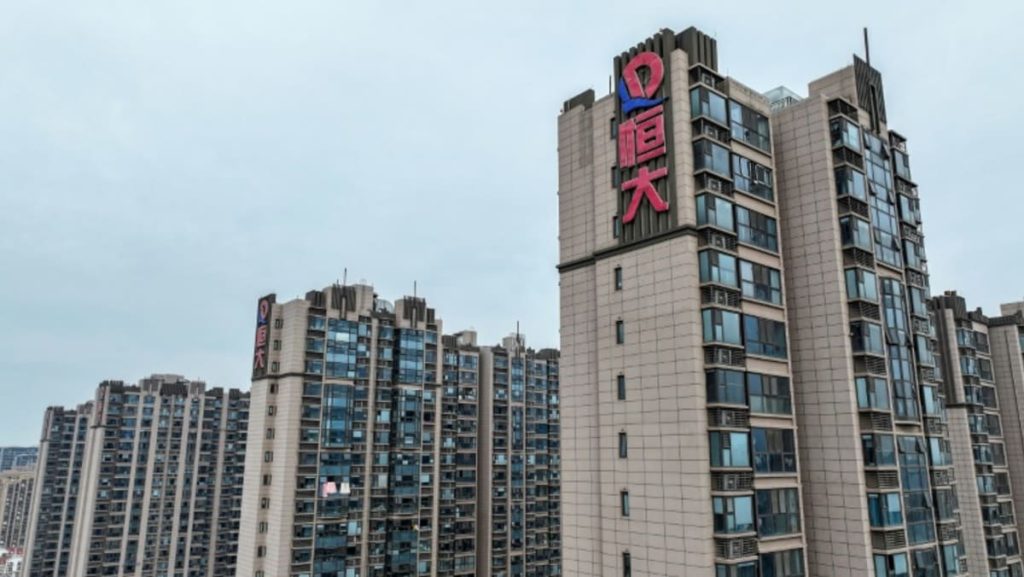China’s financial regulatory body has fined Evergrande, a heavily indebted property giant, 4.18 billion yuan for fraudulent business practices over the period of 2019 and 2020. The company was found to have falsely increased its revenue and profit by prematurely recognizing revenue, leading to the fraudulent issuance of bonds on the exchange market. Evergrande’s founder, Hui Ka Yan, was also fined 47 million yuan and banned from re-entering the securities market for life. With more than US$300 billion in total liabilities, Evergrande is considered the world’s most indebted developer.
Earlier this year, a Hong Kong court ordered Evergrande to be liquidated due to its failure to deliver a debt restructuring plan more than two years after defaulting on offshore note payments. In addition to the company’s hefty fine for fraudulent practices, China is reportedly considering imposing a record fine of at least 1 billion yuan on auditor PricewaterhouseCoopers LLP (PwC) for their role in the scandal. A Chinese regulator found that Evergrande had overstated revenue at its main unit Hengda by 564 billion yuan in the two years through 2020, further adding to the financial misconduct.
Once a dominant force in China’s real estate sector and a key player in the country’s economic growth, Evergrande’s downfall highlights the challenges facing the industry. Its massive debt burden and subsequent default in 2021 have underscored the broader crisis within China’s real estate market. The company’s troubles have been ongoing, with struggles to repay creditors leading to its eventual default. The regulatory actions taken against Evergrande and its founder signal a crackdown on fraudulent practices and financial misconduct within the industry.
The fines levied against Evergrande and its founder, as well as the potential penalty facing PwC, reflect the seriousness of the financial irregularities uncovered by Chinese regulators. The inflated revenue and profit figures presented by Evergrande highlight the need for stricter oversight and enforcement in the real estate sector to prevent similar incidents in the future. As China grapples with the aftermath of Evergrande’s collapse and works towards restoring stability in the property market, regulatory authorities are taking steps to hold accountable those responsible for fraudulent behavior.
The fallout from Evergrande’s financial troubles extends beyond the company itself, impacting investors, creditors, and the broader real estate industry in China. The company’s status as the world’s most indebted developer underscores the risks associated with excessive borrowing and financial mismanagement in the sector. The regulatory actions taken against Evergrande and its founder serve as a warning to other companies in the industry to adhere to ethical business practices and avoid engaging in fraudulent conduct. With the spotlight on Evergrande’s downfall, there is renewed attention on financial regulation and oversight in China’s real estate market.
In conclusion, Evergrande’s massive fine for fraudulent practices, along with the penalties imposed on its founder and auditor, highlight the challenges facing China’s real estate sector and the need for stricter regulation. The company’s spiralling debt and eventual default underscore the risks associated with excessive borrowing and financial mismanagement in the industry. As China works to address the fallout from Evergrande’s collapse, regulatory authorities are cracking down on fraudulent behavior to restore stability in the real estate market and protect investors. The repercussions of Evergrande’s downfall are far-reaching, impacting stakeholders across the industry and serving as a cautionary tale for other firms in the sector.















